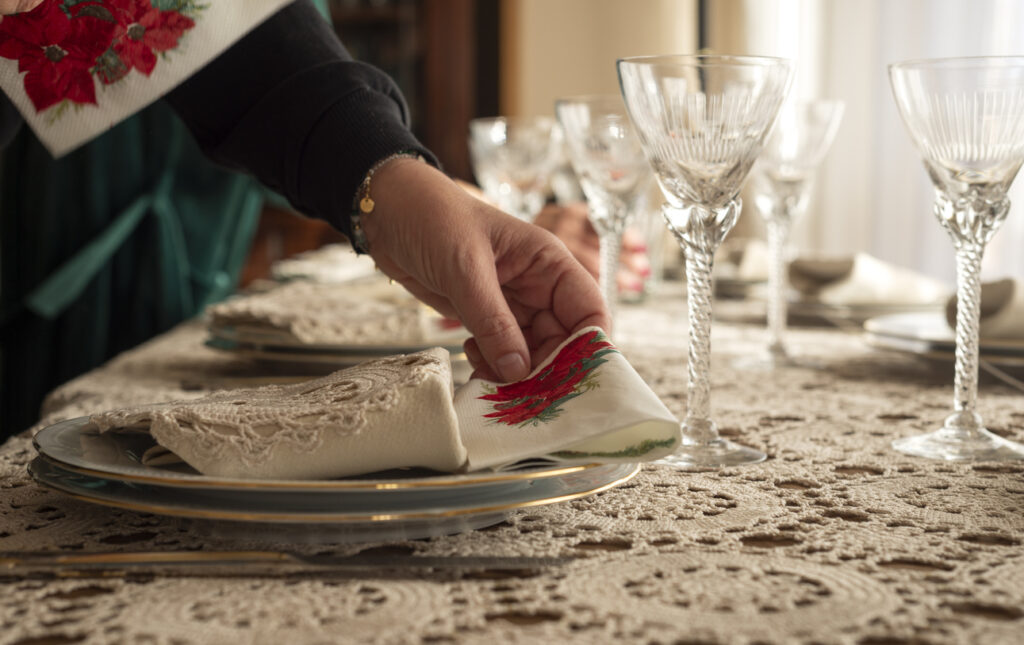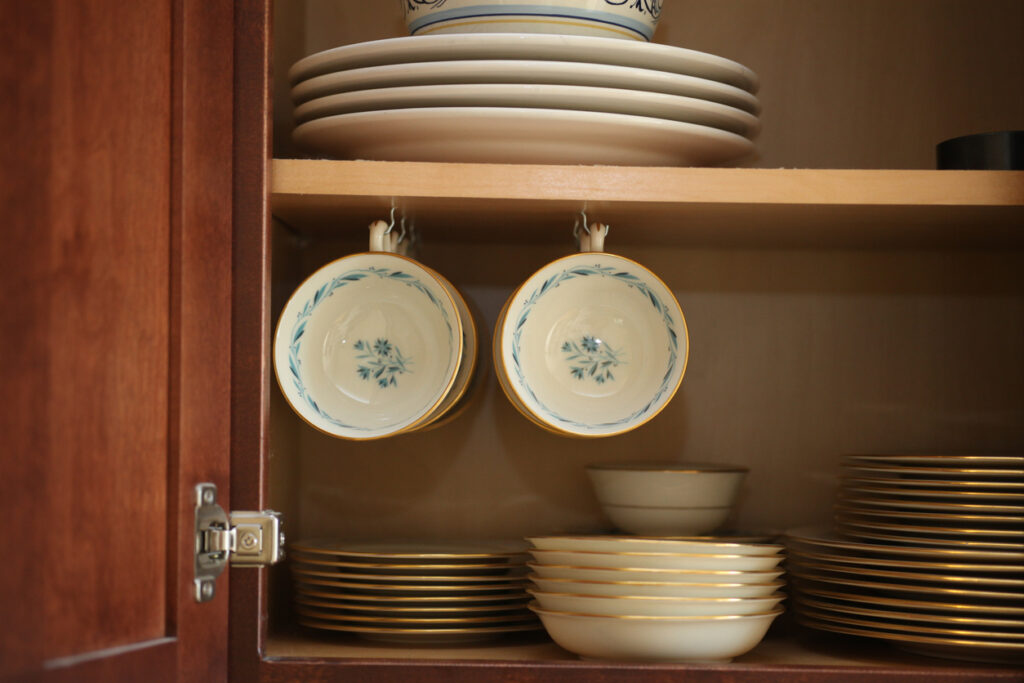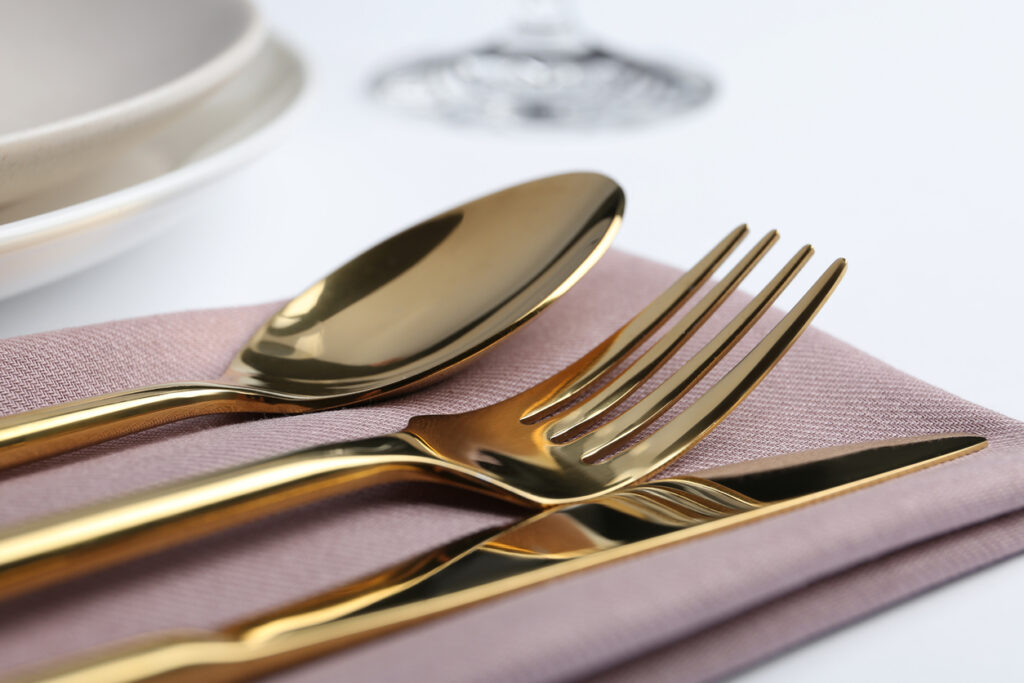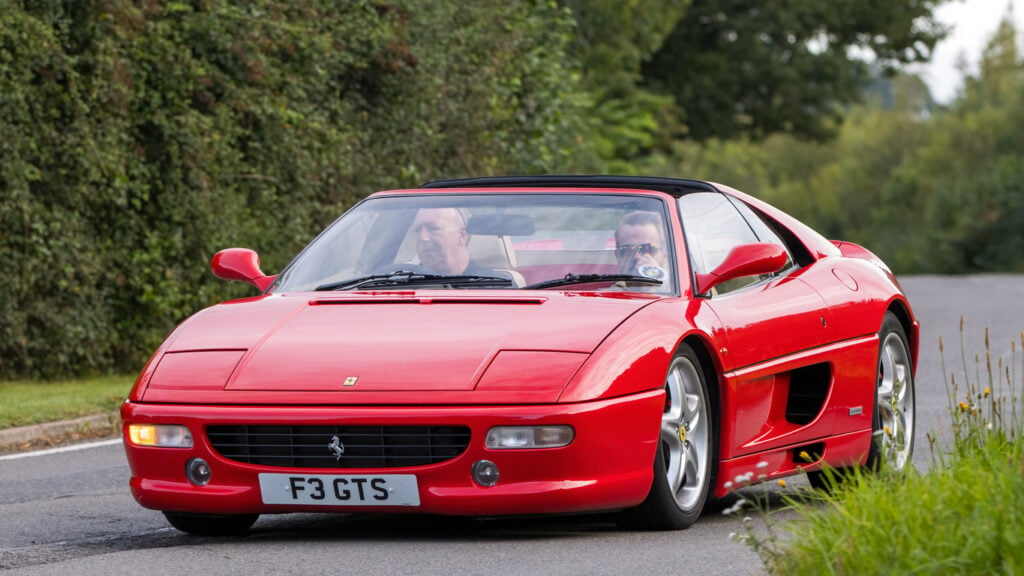These once-popular purchases were considered must-haves for Boomers, but Millennials are rejecting them in favor of more modern, practical alternatives.

Boomers and Millennials have vastly different spending habits, shaped by their upbringings, economic realities, and lifestyle preferences. What was once seen as a necessary or even aspirational purchase is now considered outdated, impractical, or simply not worth the money.
Changing technology, shifting values, and new financial priorities have made many traditional Boomer purchases obsolete in the eyes of younger generations. The things that once filled homes, garages, and bank statements no longer hold the same appeal, proving just how much times have changed.
1. A cabinet full of fine china is now just a dust collector.

Boomers valued fine china as a status symbol, often receiving elaborate dish sets as wedding gifts. Millennials, however, see little point in owning delicate plates and cups that rarely get used. With smaller living spaces and a preference for casual dining, younger generations are far more likely to use everyday dishware instead of reserving a special set for rare occasions.
2. Cutting the cord is now the norm as cable TV loses its grip.

Once an essential monthly expense, cable television has been widely abandoned by Millennials. Streaming services provide a cheaper, more flexible way to watch content without being locked into overpriced bundles. While Boomers may still enjoy flipping through hundreds of channels, younger consumers prefer on-demand entertainment that fits their schedules.
3. A physical newspaper subscription seems unnecessary in the digital age.

For Boomers, the morning routine often included flipping through a freshly delivered newspaper. Millennials, on the other hand, get their news in real time through apps, social media, and online publications. With instant access to headlines at their fingertips, waiting for a printed paper feels outdated and inefficient.
4. Formal silverware and serving trays no longer have a place in modern kitchens.

Boomers took pride in setting a beautiful table with sterling silverware and ornate serving trays. Millennials, however, see these items as unnecessary clutter. The shift toward minimalist and multifunctional kitchen essentials has left formal dining accessories behind, replaced by simple, easy-to-maintain utensils.
5. Landline phones have been replaced by smartphones, making home phones obsolete.

A ringing landline was once a familiar sound in every household, but for Millennials, it’s an unnecessary expense. With smartphones offering constant connectivity, voicemail, and caller ID, the idea of paying for a separate home phone feels redundant. Boomers may still cling to the comfort of a landline, but younger generations have no interest in maintaining one.
6. Homeownership, once a major life goal, is now out of reach for many.

Boomers saw buying a home as a sign of success and financial stability. Millennials, however, face skyrocketing real estate prices, student loan debt, and stagnant wages, making homeownership a far less attainable goal. Renting provides more flexibility, and many younger adults prioritize experiences over being tied down with a mortgage.
7. Luxury cars no longer hold the same status appeal.

Boomers often saw a brand-new car as a symbol of achievement, but Millennials have shifted their priorities. Many prefer fuel-efficient vehicles, used cars, or alternative transportation methods like rideshare services and public transit. The rising costs of car ownership—insurance, maintenance, and payments—have made Millennials rethink the necessity of an expensive vehicle.
8. Giant entertainment centers have been swapped out for sleek, space-saving tech.

Boomers once built their living rooms around massive entertainment centers, complete with bulky TVs, stereo systems, and stacks of VHS tapes or DVDs. Millennials have replaced these oversized furniture pieces with minimalist setups, opting for wall-mounted smart TVs and wireless sound systems that take up far less space.
9. Life insurance policies don’t rank high on Millennials’ priority lists.

Boomers often purchased large life insurance policies early in adulthood, seeing them as an essential financial safeguard. Millennials, however, tend to focus on more immediate financial concerns, such as paying off debt or building emergency savings. Without dependents or traditional family structures, many don’t see the same urgency in securing life insurance.
10. Collectibles, once considered valuable, are now seen as clutter.

Boomers loved collecting everything from commemorative plates to figurines, believing they would hold sentimental or financial value. Millennials, however, have embraced minimalism, preferring experiences over accumulating objects. The resale market for many of these once-prized collections has plummeted, reinforcing the belief that they were never true investments.
